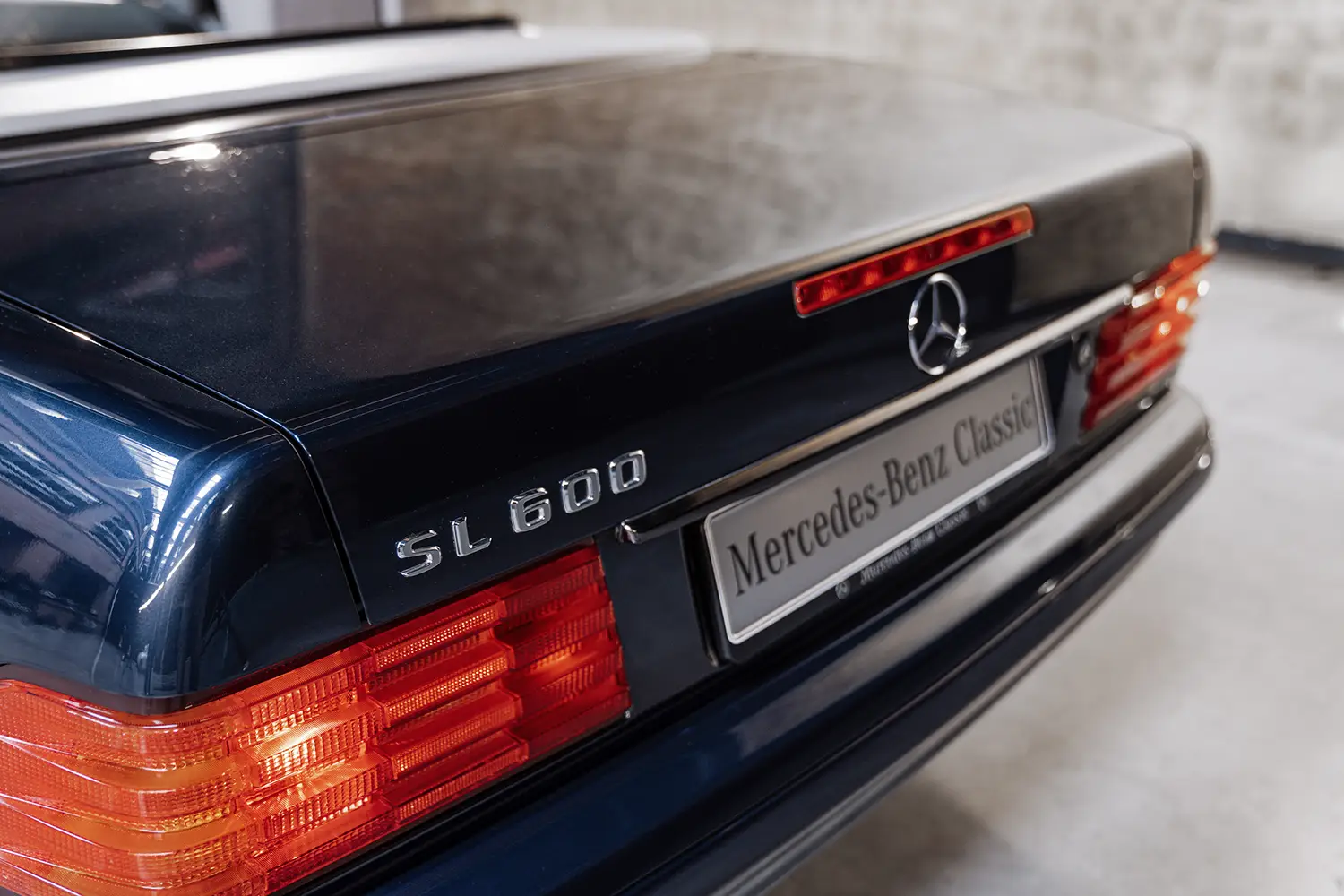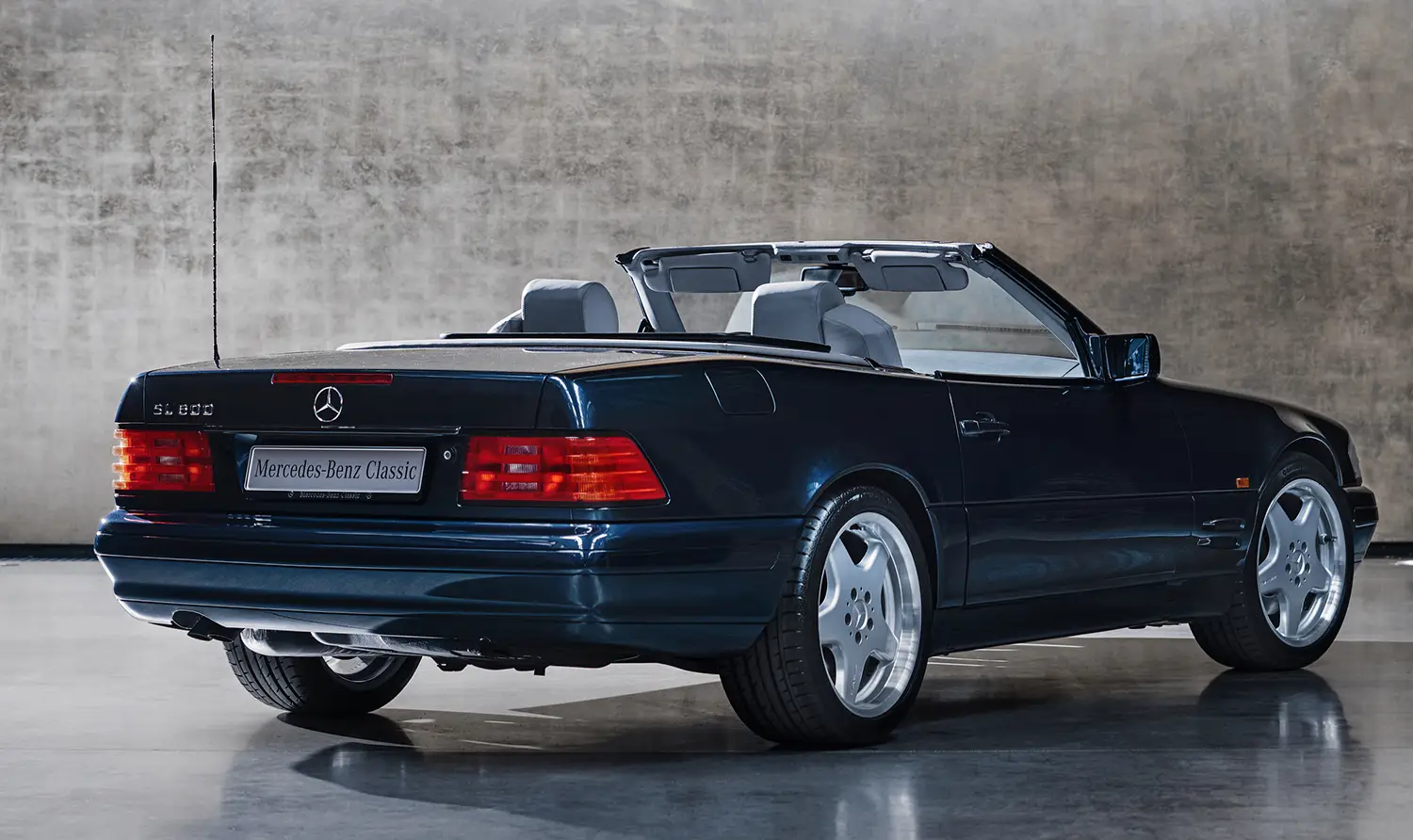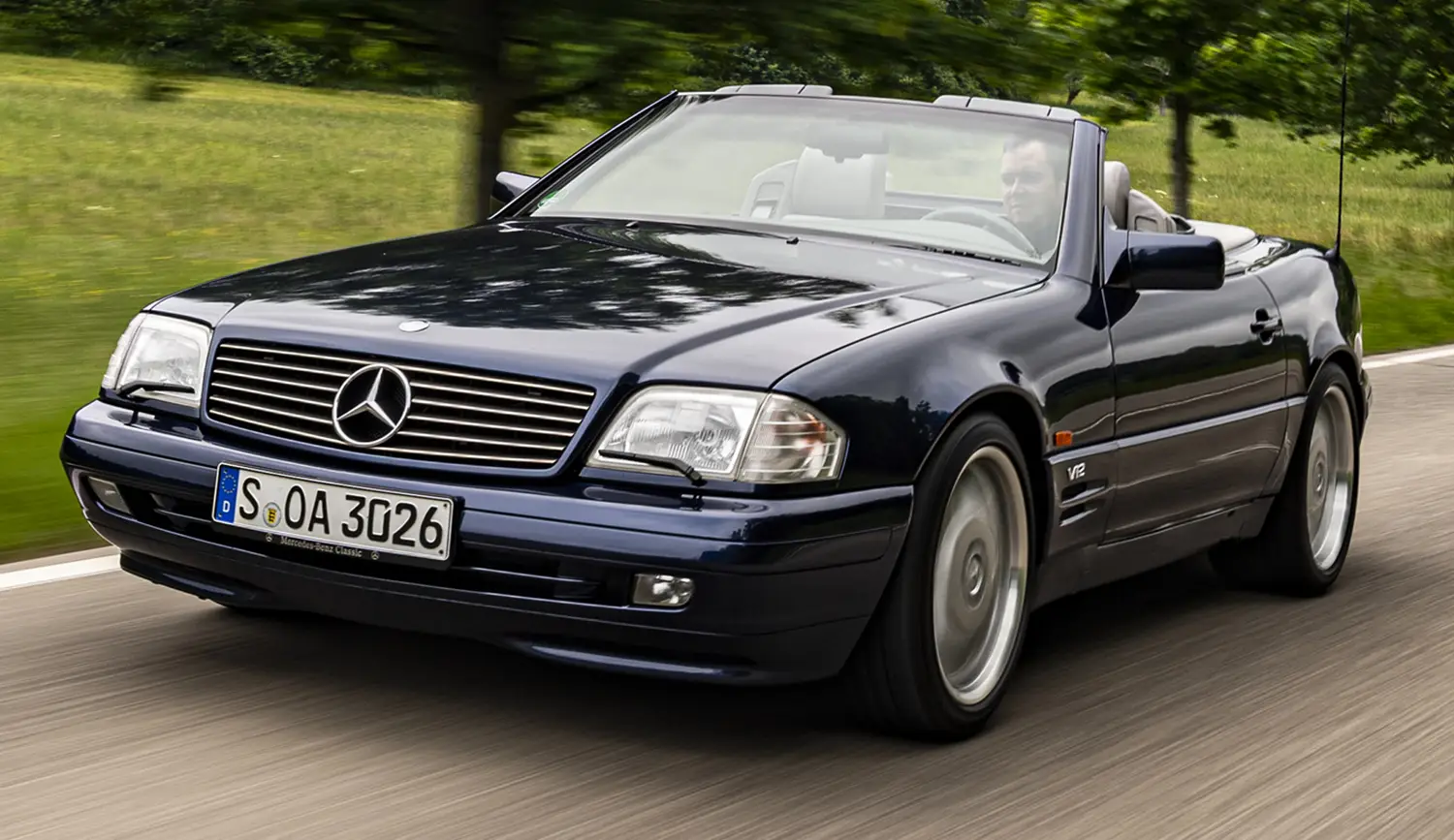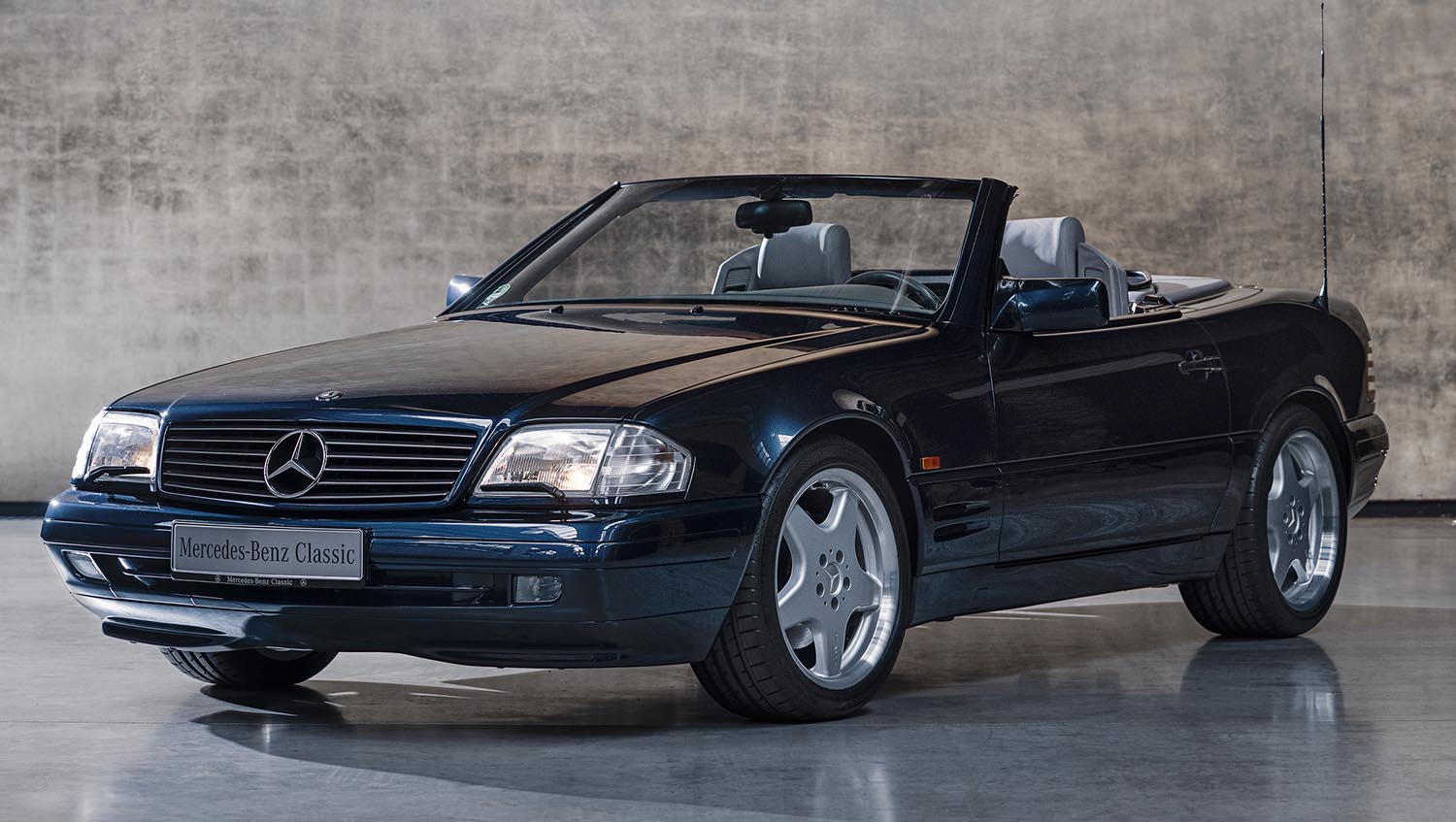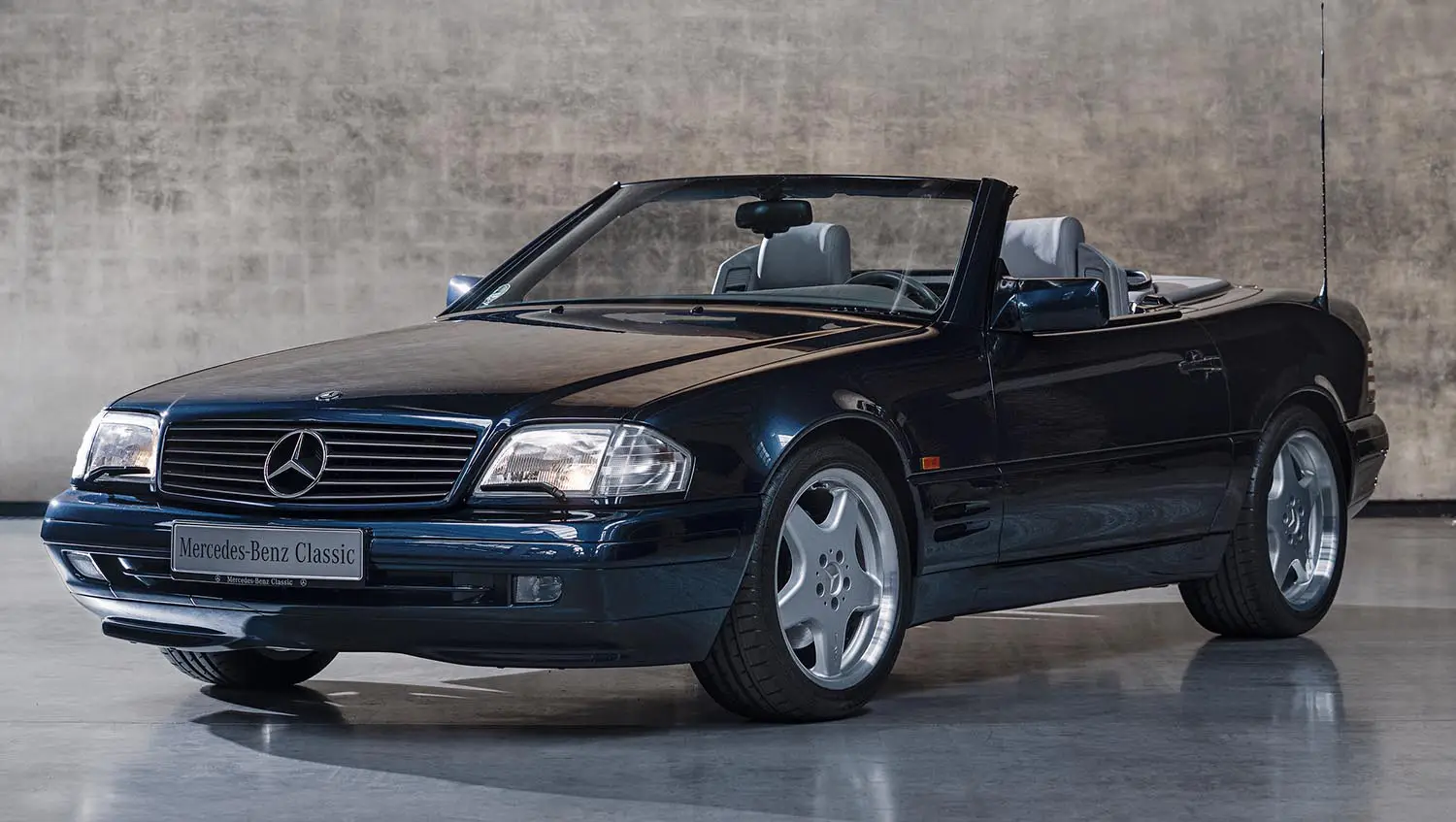
The 1995 Mercedes-Benz SL 600 (R129) represents a high point in the evolution of the SL-Class, blending classic Mercedes-Benz design with cutting-edge technology and unmistakable grand touring character. As part of the R129 generation, it stood out as the most powerful and luxurious model in the lineup, showcasing both performance and craftsmanship.
Design and Presence
The SL 600’s elegant proportions and clean lines captured the spirit of 1990s sophistication. The design, led by Bruno Sacco, emphasized aerodynamic efficiency without losing the classic SL silhouette. Its wide stance, integrated roll bar, and soft curves combined style with safety and strength, giving it a commanding presence on the road.
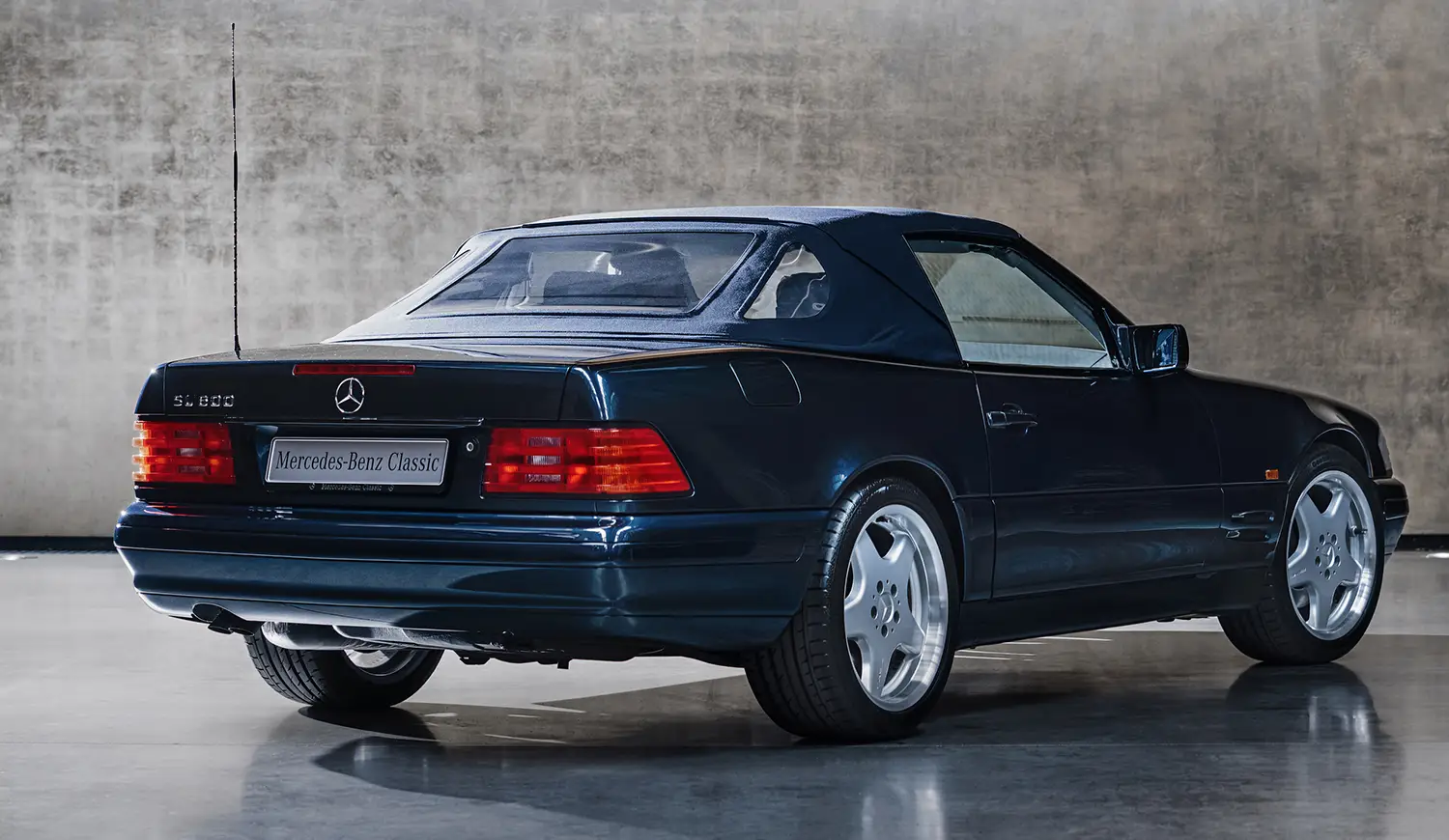
Engineering Excellence
Underneath its sculpted exterior, the R129 generation was a technical masterpiece. Mercedes introduced several innovations with this model, including an automatic roll bar system and adaptive damping suspension. The SL 600 took refinement further with hydraulic systems for both the roof and seat adjustments, ensuring seamless comfort and control.
The V12 Powerhouse
At the heart of the 1995 SL 600 was the 6.0-liter M120 V12 engine, delivering 389 horsepower and 570 Nm of torque. This powertrain provided smooth, effortless acceleration, propelling the car from 0 to 100 km/h in just 6.1 seconds. The combination of immense power and serene operation defined the V12’s character, quietly potent and endlessly capable.
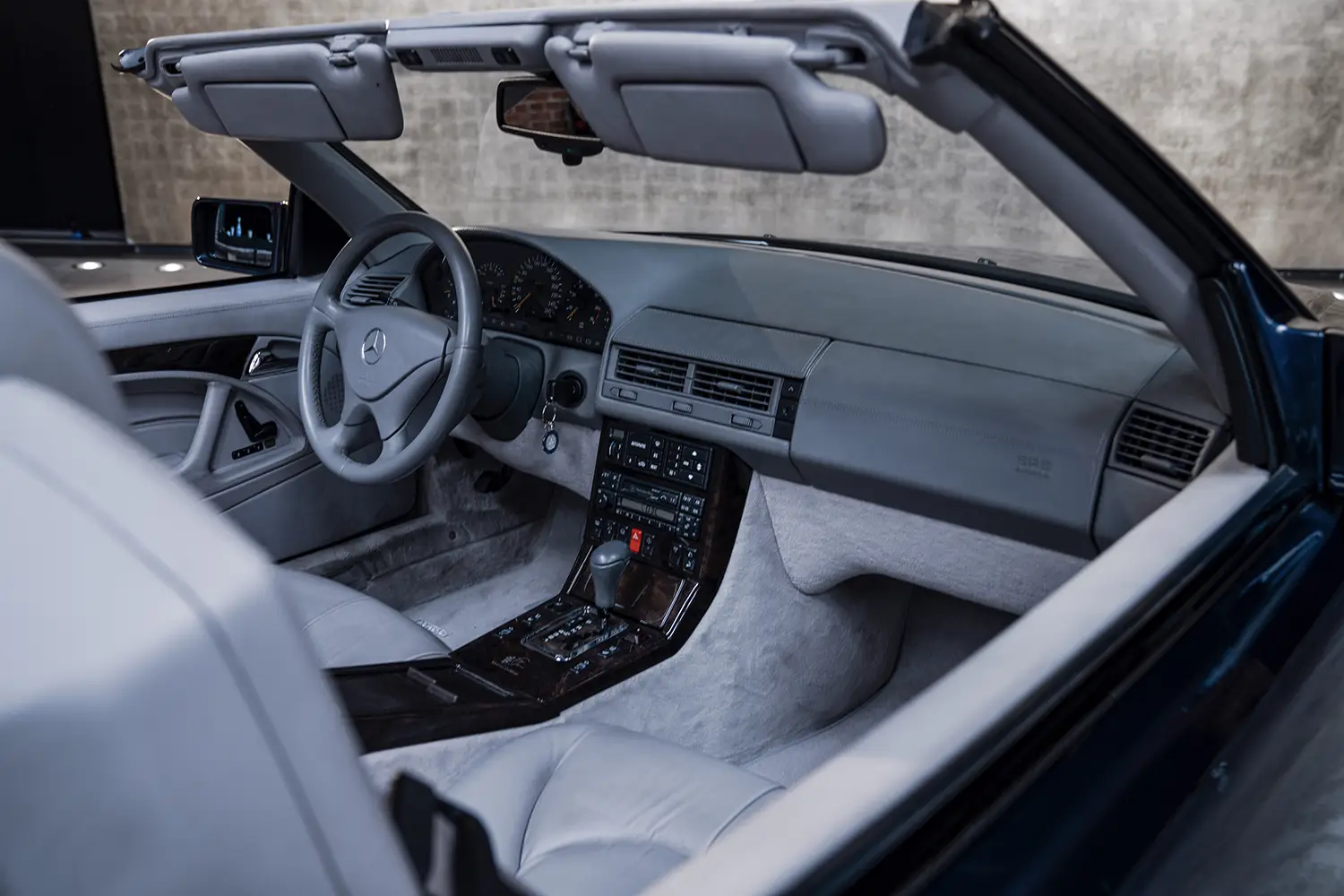
Interior Luxury
Inside, the SL 600 exuded understated luxury. High-quality leather, fine wood trim, and meticulous detailing created an atmosphere of refinement. Advanced features for its time, such as dual-zone climate control, electric memory seats, and a premium sound system, reinforced its status as a technological leader in the grand touring class.
Heritage and Legacy
The R129 SL 600 occupies a special place in Mercedes-Benz history. It bridged the analog and digital eras, combining traditional craftsmanship with emerging electronics. The V12 engine became a symbol of prestige and mechanical perfection, making the 1995 SL 600 one of the most desirable models for collectors today.
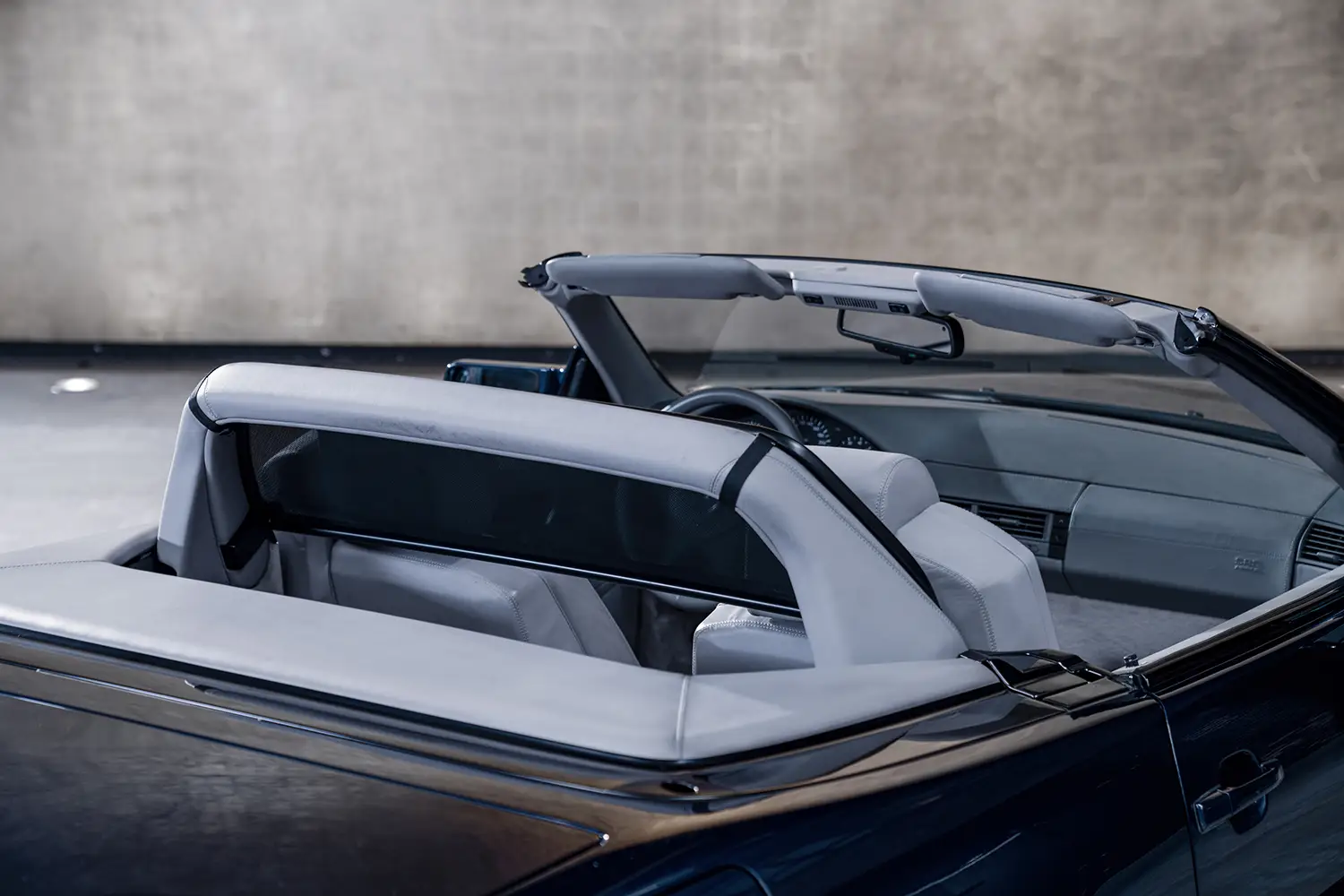
Performance Highlights
The 1995 Mercedes-Benz SL 600 delivered a unique balance of strength and grace. Its V12 engine produced 389 hp, paired with a 4-speed automatic transmission and rear-wheel drive. The car offered impressive performance with a top speed of 250 km/h, all while maintaining an exceptional level of ride comfort and composure. Hydraulic suspension and adaptive damping enhanced stability at speed, embodying the brand’s pursuit of effortless performance.
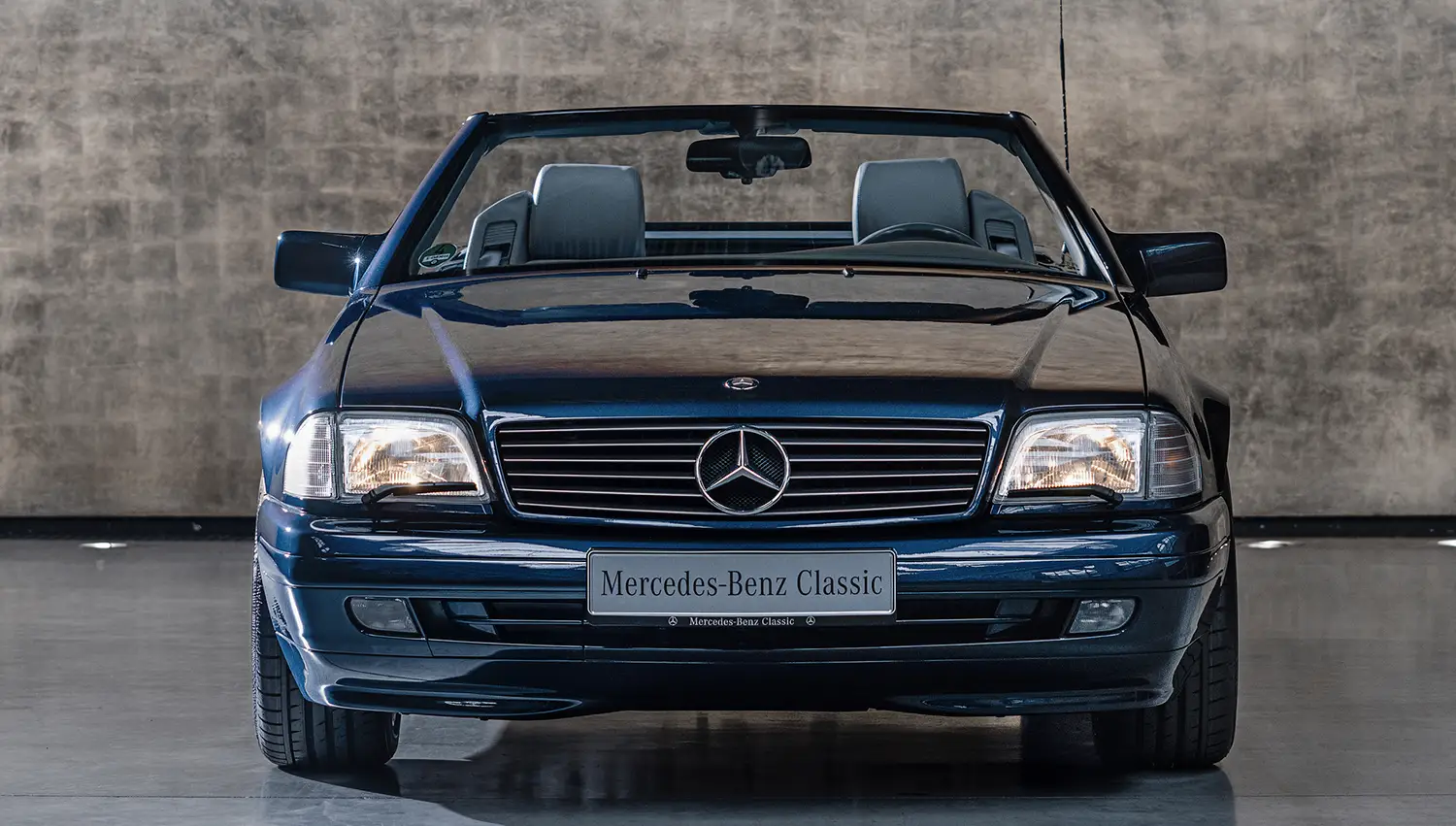
Enduring Appeal
Three decades later, the 1995 SL 600 continues to define what a true grand tourer should be, powerful, poised, and timeless. Its blend of mechanical purity and understated elegance ensures its place among the greatest Mercedes-Benz icons. For enthusiasts and collectors alike, the SL 600 remains a reminder of when engineering excellence and luxury met in perfect harmony.
Disclaimer: Content on this site is for informational purposes only. Vehicle specs, pricing, and availability may change. Always verify details with official sources before making decisions. Opinions are those of the authors.
Source: Mercedes-Benz
